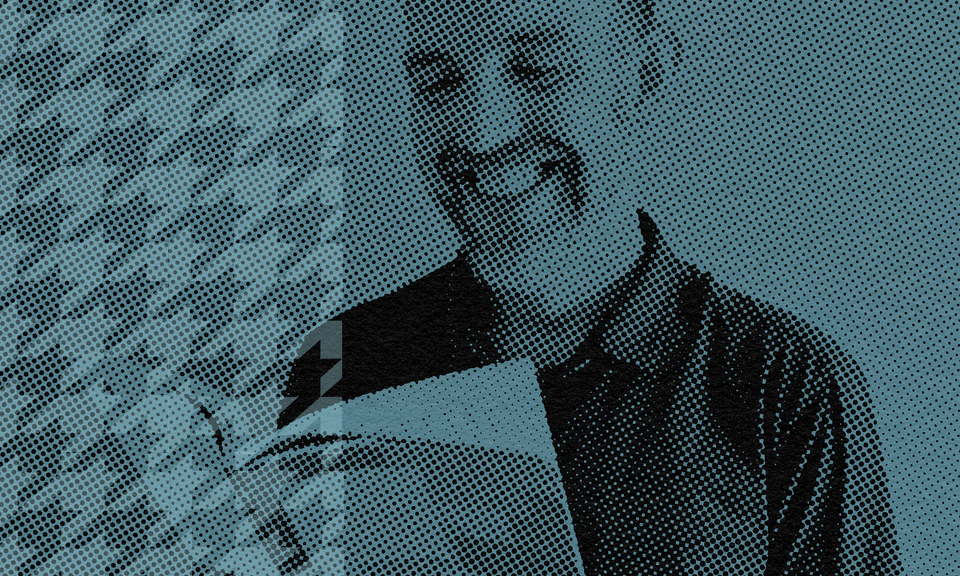It’s time to move beyond “digital project management”

The word “digital” made my career. Now I think it’s holding us back.
I can still remember sitting in a room with a few of my Bureau of Digital colleagues, tossing around names for a new conference. The community was experimenting with terms like “WebPM” and “Interactive,” but those already felt dated. We wanted something bigger, something that would resonate with both agency and in-house PMs. It wasn’t about job titles or company types. It was about the work.
We landed on “digital,” and it stuck. The first Digital PM Summit sold out in 30 days. That moment helped shape my career and ultimately led me to write Project Management for Humans, the seminal book for the DPM community.
Now, as I begin work on the Project Management for Humans, Second Edition (coming in 2026!), I’ve been reflecting on how much has changed. Back then, “digital” wasn’t just a label. It was a flag we waved to attract people who felt invisible on their teams, who didn’t see themselves in PMI or Agile. It gave us recognition, language, and connection, and it was exciting.
But today, everything is digital, and that distinction that once gave us an identity doesn’t serve us anymore. The DPM community is still thriving, and I’ll always be part of it. But the label itself no longer captures the scope or the future of the work.
The problem with “digital”
In the early days, I remember being questioned by traditional PMs on Twitter: “How is DPM any different?” And honestly? It wasn’t. We were all doing the same thing, just in different business costumes. They were in suits, we were in jeans and Doc Martens.
Culturally, we didn’t fit. We built our own clique, our own cool-kid table where digital PMs could swap war stories that felt worlds away from construction schedules or Six Sigma charts. That said, we always wanted to learn. We listened to PMI and Agile folks when they spoke or published their thoughts, because they knew their craft. And now, years later, we know ours too. And they're pretty darn similar, aren't they?
“Digital” was always a cultural distinction, not a real one. And clinging to it now just narrows the conversation.
What’s really happening in the industry
Across industries, the role of the PM is shifting—and not in a small way.
- PMs are being asked to act as champions: defenders of the team, advocates for the work.
- PMs are being asked to act as generalists: flexible, resourceful, able to flex between technical know-how and people leadership.
- PMs are carrying the weight of “do more with less” across industries where budgets are shrinking but expectations aren’t.
In large agencies, PMs are being integrated into hybrid AM/PM roles, tasked with managing not only processes but also relationships and business outcomes.
I’ve also had the opportunity to take my work beyond the DPM bubble. I’ve presented at PMI and Agile conferences with the same content I’d share at a DPM Summit, and it resonated. I spoke at a massive conference in Dubai to PMs from energy, gas, and other industries I’d never imagined engaging with. And guess what? They didn’t need digital or technical lessons. They needed human ones.
My message—human-centered, team-first project management—landed just as well there as it did with agency PMs. And as AI becomes more pervasive, that focus on humanity is only becoming more urgent. Because whether you’re traditional, Agile, digital, or analog, you need to be human-centered.
Where I’m going
I’m not erasing my history. DPM is in my veins. It gave me my voice, my community, my career. I’ll never walk away from the people in the DPM Slack (unless they kick me out after reading this). But clinging to the “digital” label feels like wearing clothes that no longer fit—for me.
That doesn’t mean you have to drop it. If “digital project manager” still fits the work you do and the identity you carry, that’s great. The community is still thriving, and there’s strength in that shared language.
What’s changed is the landscape. Back in the early “cool kid” years, DPM felt like its own discipline—born from traditional PM foundations but with the speed, nuance, and scrappiness of digital work. In the years since, the gap has narrowed. Traditional PM has absorbed a lot of those digital instincts, while DPMs have embraced more traditional frameworks. Today the pool is less divided, and the skills are more transferable than ever.
That’s why I’m writing the Project Management for Humans, Second Edition, which will be published by Rosenfeld Media in 2026. This isn’t just an update. It’s a chance to double down on what I believe project management needs most right now: humanity.
This edition will bring forward everything I’ve learned since the first book—not just about digital projects, but about leading people through massive change: the rise of AI, the blending of AM/PM roles, the realities of burnout, and the constant demand to do more with less.
The first edition gave PMs recognition and confidence in their roles. The second edition is about giving them a roadmap for the future: one where leadership is defined by empathy, adaptability, and team-first thinking.
For me, that means moving beyond the “digital” label. For you, it might mean staying proudly DPM, or simply PM, or something else entirely. The point is: the work is bigger than the label, and the skills we bring—empathy, adaptability, team-first thinking—are needed everywhere.
Because project management isn’t about labels anymore. It’s about leading humans—and that’s exactly where I’m headed.
TL;DR: I built my career on “digital project management.” But “digital” doesn’t differentiate anymore. The future of PM is human-centered, strategic, and universal, and that’s exactly what I’m exploring in Project Management for Humans, Second Edition, coming in 2026.


Member discussion